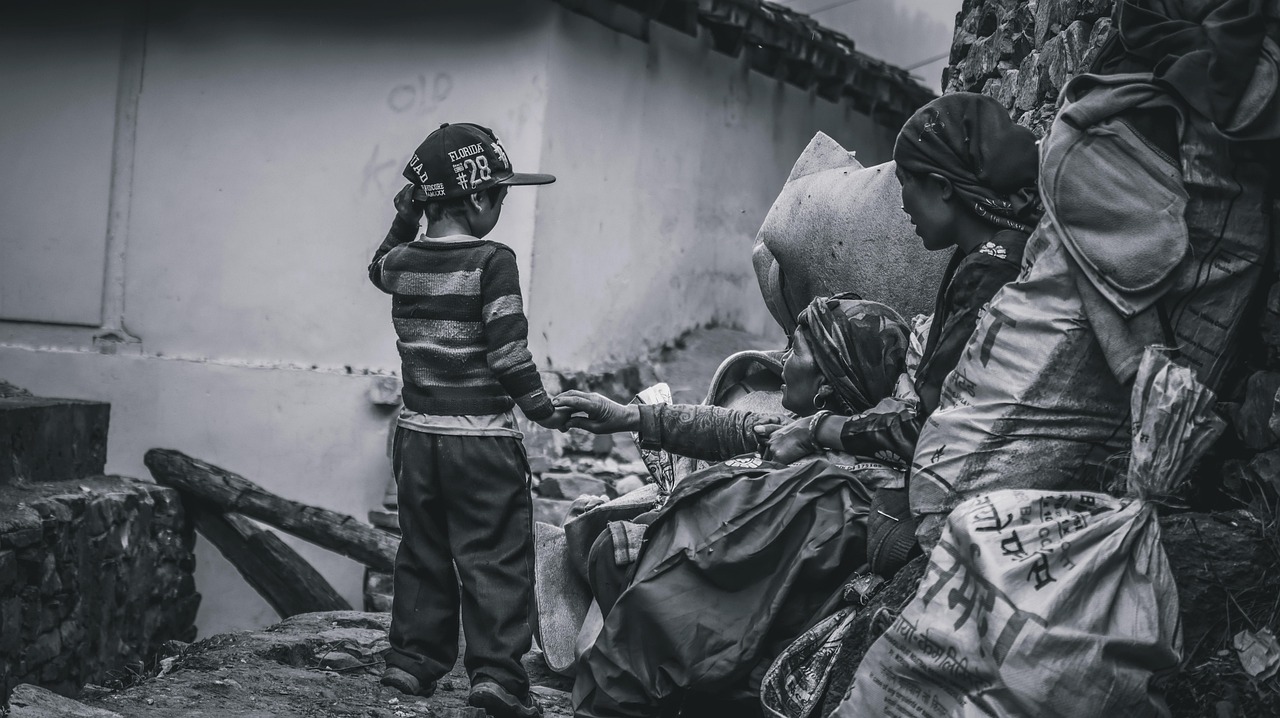Context and Issue
The influx of Syrian refugees into Lebanon has had profound repercussions on the country and its neighboring nations. Lebanon, in particular, hosts the highest concentration of refugees per capita globally, with a significant portion being Syrian refugees. Amidst this crisis, the population of Syrian refugees in Lebanon has surged to approximately 1.5 million, constituting a quarter of Lebanon's total population, alongside longstanding Palestinian refugees. In response to this humanitarian challenge, various non-governmental organizations (NGOs) and United Nations (UN) agencies have initiated programs to address the needs of Syrian refugees and host communities in Lebanon.
Solution
The Syrian Humanitarian Emergency (SHE) programming exemplifies the collaborative efforts of three NGOs and two UN agencies in Lebanon:
- The International Medical Corps (IMC) supports the health sector by funding primary health centers (PHCs) to offer subsidized healthcare to Syrian refugees and host communities. Additionally, IMC strengthens existing PHCs and provides mental health and psychosocial services.
- The International Rescue Committee (IRC) prioritizes the education sector by delivering early childhood education and remedial support for Syrian children enrolled in public schools. Formerly, IRC supported community-based non-formal education (NFE) programs for refugee children.
- Première Urgence Internationale (PUI) provides shelter assistance to Syrian refugees residing in informal settlements and sub-standard buildings.
- The United Nations High Commission for Refugees (UNHCR) and its sub-contractors undertake various activities across multiple sectors, including multi-purpose cash programming, healthcare, and shelter support for Syrian and Iraqi refugees.
Key Insights
IRC's programming transitioned from community-based NFE to early childhood education (ECE) and remedial programs within public schools due to regulatory changes by Lebanon's Ministry of Education and Higher Education (MEHE). Parents expressed concerns regarding the quality and safety of public school education and the language barriers their children face. Additionally, issues such as corporal punishment, discriminatory behavior by teachers, and insufficient school availability further compound the challenges faced by Syrian refugee children in accessing education in Lebanon.












